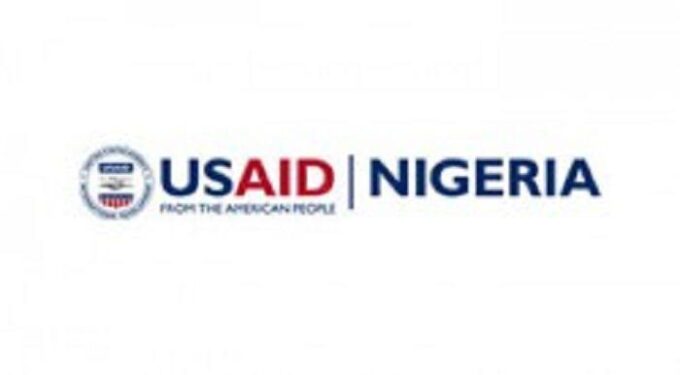Food Stuffs
Food and beverage imports for households rose by 71.12 per cent between the third quarter of 2018 and the corresponding quarter of 2022 despite the foreign exchange crisis in the country, findings by The PUNCH have shown.
This was based on data from the Q3 2022 Foreign Trade Statistics report by the National Bureau of Statistics.
The food and beverage imports were classified into primary and processed foods for households.
In Q3 2018, the primary food and beverage imports were put at N84.84bn while that of processed foods were about N77.41bn, making a total of N162.25bn.
By Q3 2022, the primary food and beverage imports were about N153.82bn while that of processed foods were about N123.82bn, making a total of N277.64bn.
The development came amid the shortage of foreign exchange the nation is grappling with.
The International Monetary Fund recently said that the food crisis currently ravaging Nigeria and other sub-Saharan countries has been exacerbated by over-reliance on imported foods.
In a new report titled, “Africa Food Prices Are Soaring Amid High Import Reliance,” the Washington-based lender said staple food prices in sub-Saharan Africa surged by an average 23.9 per cent in 2020 to 22—the most since the 2008 global financial crisis.
It noted that in Nigeria, the prices of both cassava and maize more than doubled, even though they were mainly produced locally.
The report read in part, “We estimate that a 1 per cent increase in the consumption share of a staple food raises the local price by an average 0.7 per cent. The effect is even bigger when a staple is mostly imported, raising the price by about 1.2 per cent. When a country’s net import dependence increases by one per cent, the local real cost of a highly imported staple is expected to increase by an additional 0.2 per cent.
“The relative strength of a country’s currency is another driver as it affects the costs of imported food items. We find that a 1 per cent depreciation in real effective exchange rates increases the price of highly imported staples by an average 0.3 per cent.”
Nigeria’s headline inflation has continued to rise this year, hitting a new high of 21.47 per cent in November 2022 from 21.09 per cent in October 2022, according to the Consumer Price Index report released by the National Bureau of Statistics this month.
The report noted that the increase was commensurate to an 8.5 per cent rise in the cost of a typical food consumption basket (beyond generalised price increases).
The report said that global factors were partly to blame because of the region’s imports of top staple foods, noting that the pass-through from global to local food prices was significant.
The PUNCH observed that this was the highest rate in about 17 years.
According to the NBS, the reason for the increase year-on-year was the increase in the cost of importation due to the persistent currency depreciation and a general increase in the cost of production, including an increase in energy cost.
The month-on-month increase recorded was attributed to the sharp increase in demand usually experienced during the festive season.
The food inflation rate also increased to 24.13 per cent on a year-on-year basis, a 6.92 per cent higher compared to 17.21 per cent recorded in November 2021.
The World Bank recently said Nigeria might have one of the highest inflation rates globally in 2022, with increasing prices diminishing the welfare of Nigerian households.














